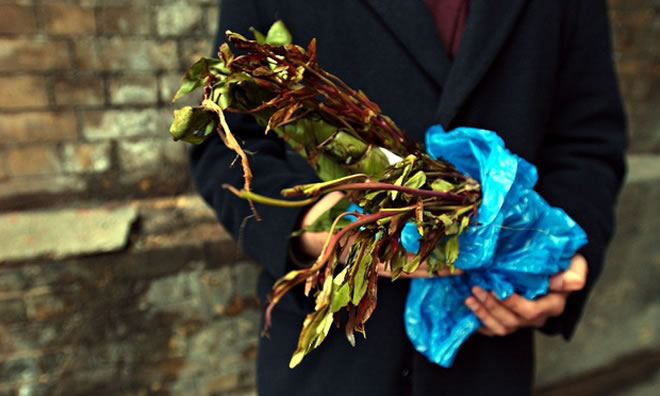Amina Adan
Monday, June 29, 2015

On the 24th of June 2014, the United Kingdom, led by Home Secretary Theresa May, passed a law to legally ban the use and importation of stimulant Khat (Miraa), naming it as a Class C drug. Khat is a substance that is usually chewed which contains stimulants that create addictive like symptoms, paranoia and many more negative effects. It is a very popular substance in the East African communities. Prior to the ban in the UK; khat was also banned in other G8 states including U.S.A and Canada.
The khat ban campaign was led by various British Somali community leaders, with the assistance of their local MP’s and many others. After long years of campaigning, with an ex-addict on the front line of it, they successful pressured the government to legally prohibit the use of the addictive drug. Khat addiction has been the key blame for many failed parenthoods and family fall outs, including absent fathers and the youth become addicted. One year on since the ban, the real question that lies is whether our community has improved with the absence of the substance, or are we merely just happy with the ban only.
Many British Somalis who have been somewhat directly or indirectly affected by the ban of khat have been very vocal to the government and community leader’s lack of assistance for ex-addicts to restructure their life. Although some suggest the return of absent fathers to households has drastically increased, many others complain about the lack of support for employment and rehabilitation; resulting in some turning to other narcotics and addictions. Evidence suggests that prohibition of a stimulant is not the only ingredient required to successfully benefit from the ban, rather including rehabilitation programmes, social reintegration opportunities and employment assistance.
A 23 year old, who has chosen not to be named, explained that the use of khat assisted with providing positive feelings, but since the criminalisation came into place, he has had to resort in the use of alcohol, suggesting he spent over £3,000 on alcohol in the past year. This is a repetitive pattern found amongst young males who consumed the leafy substance, creating a substitute option to satisfy themselves. On the other hand, many families of recovering or current addicts explained that the prohibition of the drug is welcomed in the community, but asked for an increase in assistance for the addicts and those directly affected by it.
Although some may deem the prohibition of the substance as a success over the past year, addicts are not the only ones who were affected by it. Importers of the substance and Somali businessmen running local khat houses (marfishes) found themselves at square one again when they were forced to enter the job centre and sign on, struggling to find a replacement career for the one which was tarnished by the ban. In London, there was over 50 khat houses, but due to the new law, many reportedly led to consumption of the drug in households instead. It is no secret that khat is still consumed by some people underground but the only difference is; now they are seen as criminals.
Reflecting back on the achievements in the British Somali community following the ban, it is difficult to overlook the multiple struggles that occurred as a result. In order to receive the maximum benefits from the law, it is required for the active community leaders who were the forefront of this movement, to assist the recovering addicts in the necessary ways, rather than just being appreciative of the ban. From employment, to social reintegration, to recovery and preventing replacement addictions, counselling should be provided for recovering addicts and families affected by consumption of the substance and rehabilitation programmes should be implemented to prevent another substance from recreating the same issues.
Amina Adan
Twitter: @aia_24